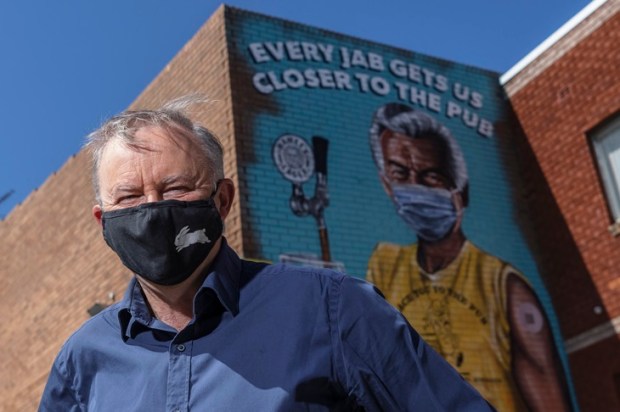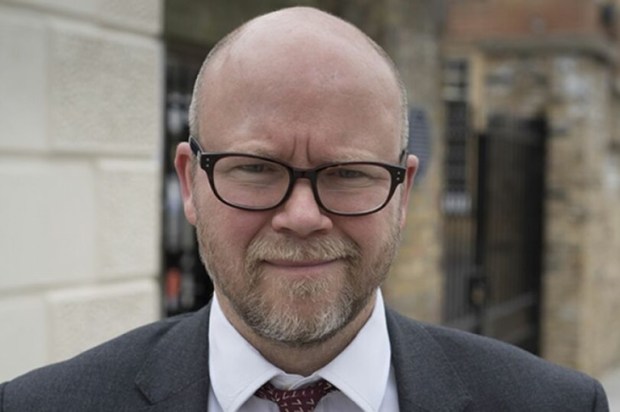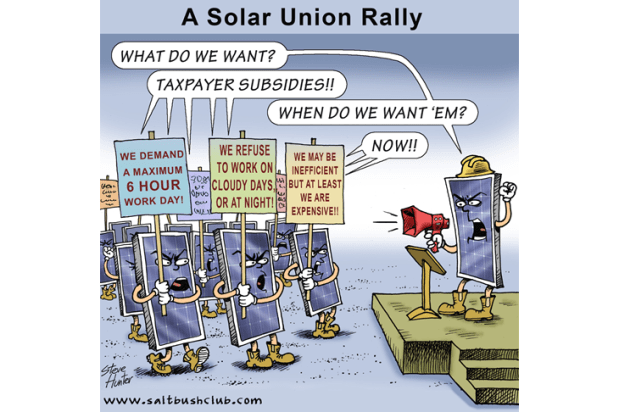The most insightful and quotable commentary I heard last week was made by Greg Gutfeld of Fox News.
If you follow American politics, you can’t have missed the three-way feud sparked between Nancy Pelosi (speaker of the house), a group of far-left democrats known now as “The Squad” and President Trump.
Already a subscriber? Log in
Subscribe for just $2 a week
Try a month of The Spectator Australia absolutely free and without commitment. Not only that but – if you choose to continue – you’ll pay just $2 a week for your first year.
- Unlimited access to spectator.com.au and app
- The weekly edition on the Spectator Australia app
- Spectator podcasts and newsletters
- Full access to spectator.co.uk
Or


























Comments
Don't miss out
Join the conversation with other Spectator Australia readers. Subscribe to leave a comment.
SUBSCRIBEAlready a subscriber? Log in